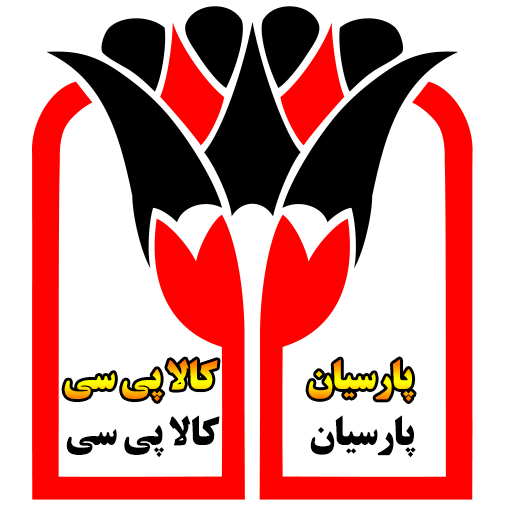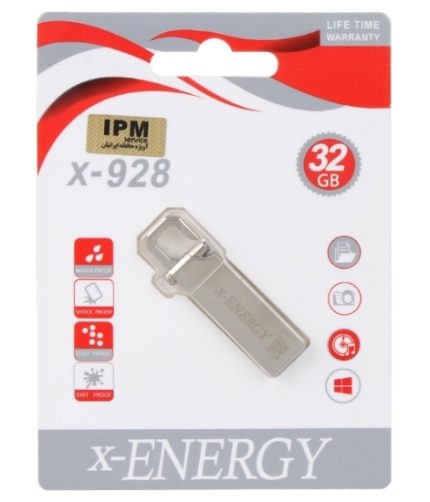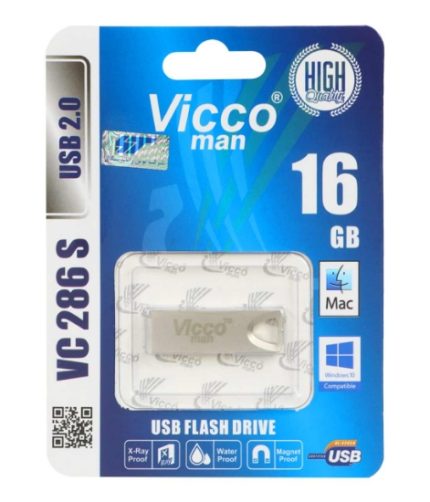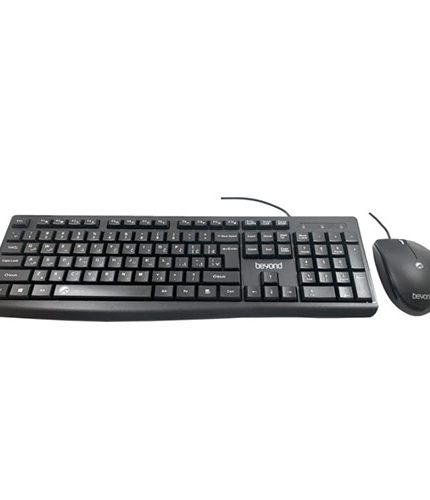From mastering the art of guest relations to understanding the intricate workings of hotel operations, these programs supply a complete platform for individuals aspiring to excel in hotel management roles. Whether you’re a fresh graduate entering into the world of hospitality or a seasoned professional seeking to enhance your skills, embarking on a structured training program will be the key to unlocking your potential. In this final guide, we delve into the essence of hotel management training programs, exploring their significance, parts, and how you can make probably the most out of them.
Understanding Hotel Management Training Programs
Hotel management training programs are designed to provide participants with a holistic understanding of the hospitality trade while honing their managerial skills. These programs typically encompass a mix of theoretical knowledge and practical expertise, permitting trainees to develop a strong foundation in areas similar to customer service, revenue management, operations, and leadership.
Elements of Hotel Management Training Programs
Theoretical Learning: Participants delve into the theoretical facets of hotel management, covering topics resembling hospitality business overview, organizational habits, marketing strategies, and financial management. This classroom-based learning provides the mandatory conceptual framework for understanding the intricacies of hotel operations.
Practical Training: Hands-on expertise is a cornerstone of hotel management training programs. Trainees are uncovered to various departments within a hotel, together with entrance office, housekeeping, meals and beverage, and sales. This practical training allows participants to use theoretical knowledge in real-world scenarios, gaining invaluable insights into day-to-day operations.
Business Exposure: Many training programs incorporate trade visits, guest lectures, and networking opportunities to expose participants to completely different sides of the hospitality industry. Engaging with industry professionals and visiting renowned hotels provides trainees with a broader perspective and fosters professional connections.
Soft Skills Development: Efficient communication, leadership, and problem-solving skills are essential for success in hotel management roles. Training programs usually deal with creating these soft skills by means of workshops, role-plays, and interactive classes, empowering participants to navigate challenging situations with confidence.
Internship or Placement: Some hotel management training programs embody an internship or placement element, permitting participants to achieve practical expertise in a real-world setting. This palms-on exposure not only enhances their skill set but additionally will increase their employability upon completion of the program.
Choosing the Right Training Program
When selecting a hotel management training program, it’s essential to consider several factors to make sure it aligns with your career goals and aspirations:
Reputation and Accreditation: Research the status and accreditation of the training program to make sure it meets business standards and is recognized by employers.
Curriculum and Focus Areas: Evaluate the curriculum and focus areas of the program to determine if it covers the areas you want to specialize in, reminiscent of luxury hospitality, occasion management, or sustainability.
College and Business Partnerships: Assess the qualifications and trade experience of the college members, as well because the program’s partnerships with leading hotels and hospitality organizations.
Internship Opportunities: If an internship or placement is included, inquire about the length, location, and potential for employment put up-internship.
Price and Scholarships: Consider the price of the program and explore scholarship opportunities or financial aid options available to help your education.
Making the Most Out of Your Training Program
To maximize the benefits of a hotel management training program, adchoose the next strategies:
Be Proactive: Take initiative and actively participate in all aspects of the program, from classroom discussions to practical assignments. Demonstrating enthusiasm and a willingness to be taught will set you apart out of your peers.
Network: Build relationships with fellow participants, faculty members, and industry professionals during the program. Networking can open doors to potential job opportunities and mentorship.
Seek Feedback: Embrace feedback as a tool for progress and improvement. Solicit feedback from instructors, mentors, and supervisors to identify areas for development and refine your skills.
Keep Updated: Stay abreast of business trends, technological advancements, and finest practices in hotel management. Continuous learning is essential for staying competitive in the ever-evolving hospitality landscape.
Set Goals: Define clear, achievable goals for yourself all through the training program and beyond. Whether it’s securing a leadership position in a 5-star hotel or launching your own hospitality venture, having a roadmap will keep you focused and motivated.
In conclusion, hotel management training programs provide a complete platform for individuals to develop the skills, knowledge, and practical experience essential to thrive within the dynamic hospitality industry. By deciding on the best program, actively engaging in all elements of training, and setting clear goals, aspiring hoteliers can embark on a rewarding journey towards changing into future leaders in hospitality.
If you liked this short article and you would like to receive more info pertaining to master management hôtelier kindly take a look at our own site.
















